
CORE
INCENTIVE
PLAN (CIP)
The Core Incentive Plan (CIP) is back for 2025! CIP is an internal funding initiative administered by the OVPR that provides seed funding to UConn faculty to be allocated for research projects that specifically engage UConn's world-class diverse core facilities. CIP awards allow faculty to generate data for extramural funding opportunities, test a new technology that has historically been cost-prohibitive, or explore an entirely new field of research without the full financial burden associated with preliminary experiments. The participating core facilities for this iteration of CIP are located on the Storrs campus but Principal Investigators from any UConn campus can apply. Each facility features diverse and advanced instrumentation plus talented experts to guide CIP awardees to completion of an entirely new research project. Select facilities that are administratively housed within the Center for Open Research Resources (COR²E) are eligible for this CIP program.
Sponsored by the Office of the Vice President for Research
All CIP proposals will be assembled in consultation with Facility Directors from the appropriate core facility in order to adhere to project feasibility, timeline for completion, and budgetary requirements in place for any awarded research project.
CIP proposals will be accepted from both campuses beginning September 15, 2025 through October 31, 2025. Proposal review will commence once the submission deadline passes. Award notifications will be sent soon thereafter to allow tentative project start dates in Fall 2025. All CIP awards are intended to begin and complete within a 6 month period.
Due to varying costs associated with the type of research support provided by participating COR²E facilities, the maximum CIP award per facility may differ. See the full list of eligible facilities below for more information on award maximums and inquire with the Facility Director with specific questions.
Proposal Details
All COR²E CIP award proposals will include the following:
- One (1) page maximum document that includes a full description of the proposed research project plus a realistic budget for the entire CIP project to be completed within the core facility. This will include descriptive text pertaining to overall project goals, feasibility, project scope, a realistic timeline for completion, plus a project budget estimate. All of these details are intended to be prepared through consultation with the participating Facility Director.
- Brief summary of active internal and extramural funding
Proposal Evaluations
UConn Storrs COR²E Facilities
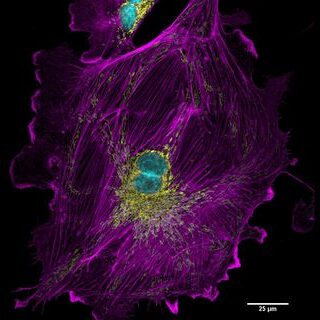
The Advanced Light Microscopy Facility provides access to advanced imaging technology in order to promote innovation and cross-disciplinary interaction. The facility houses a number of laser scanning confocals, as well as systems for widefield imaging and total internal reflection microscopy.
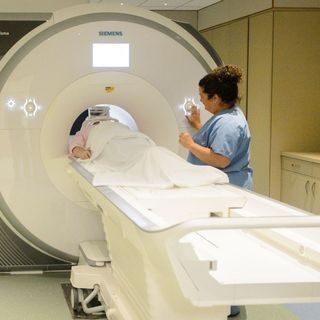
The UConn Brain Imaging Research Center (BIRC) houses a 3 Tesla Siemens Prisma MRI scanner alongside equipment for collecting data with high-density EEG systems, eye tracking, and a Transcranial magnetic stimulation (TMS) system. The Center facilitates scientific discovery and theoretical innovation in cognitive neuroscience and other fields by providing access to state-of-the-art equipment and methods and technical and scientific training.
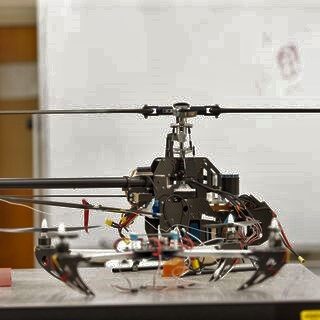
The Electrical/Electronics: Technology and Repair facility supports academic research and administrative activities through consultation, support, development, and repairs. Services include computer repair, lab equipment repair, electrical and electronic support, and office equipment repairs.
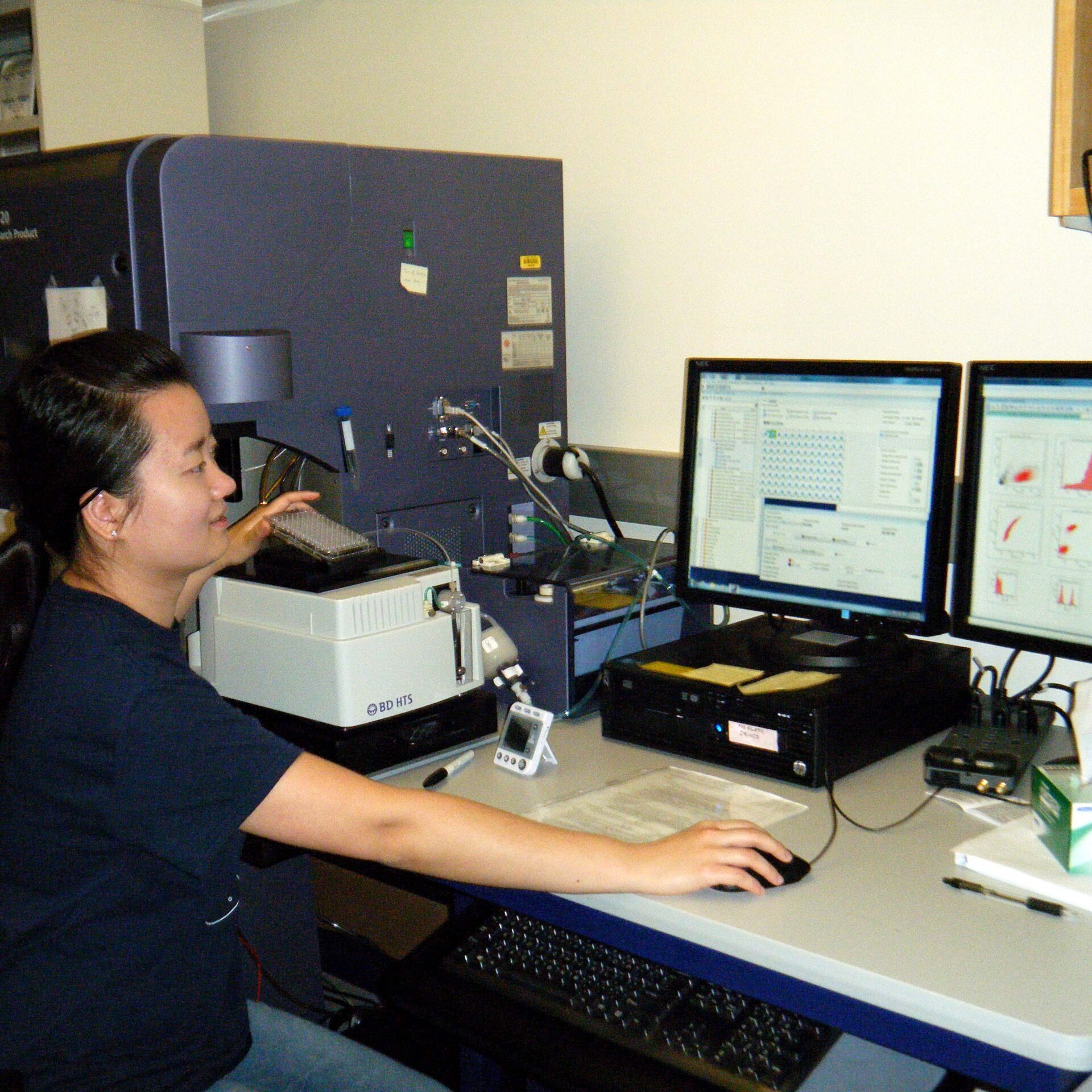
The Flow Cytometry Facility provides investigators with expertise and sophisticated instruments for the analysis of cells or particles based on size, internal complexity, and fluorescent signals. Cytometers allow simultaneous analysis of multiple properties of cells or particles and provide information about both single cells and populations. The heterogeneous cells and populations can be identified and quantified. Selected cells or particles can also be physically sorted to obtain pure populations for further analysis or subsequent culture and functional study.
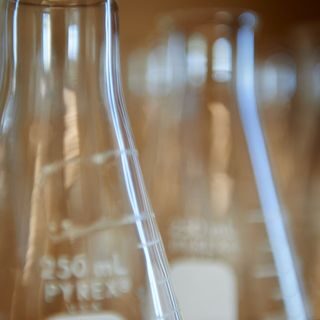
Mechanical/Glass: Design & Fabrication Facility supports academic research through consultation, engineering, manufacturing, design, and repairs. Within the facility, there are complete departments for working with glass, metal, plastics, and other materials. Skilled technicians design, fabricate, or repair complex mechanical instruments and glassware, and carry out jobs in precision machining, MIG and TIG welding, woodworking, sheet metal, and plexiglass fabrication.
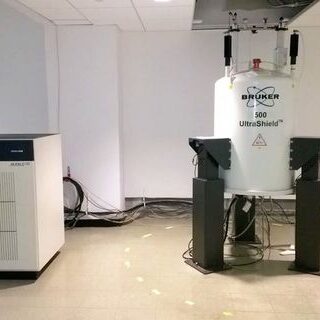
The Nuclear Magnetic Resonance Facility recognizes the important role that NMR plays in molecular structure determination and conformational analysis for research projects engaging chemical synthesis, chemical mixture characterization, drug design, intermolecular interaction studies, protein and nucleic acid characterization. The joint NMR Facility of COR²E and the Department of Chemistry offers several solution-state NMR instruments on a fee-for-use basis. The instrumentation serves the high-resolution research needs for investigators from the University of Connecticut and nearby colleges and companies.
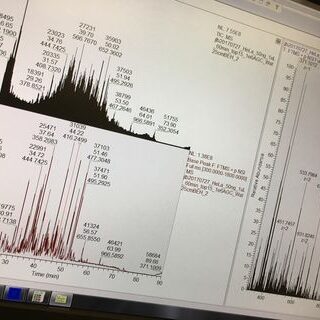
The Proteomics & Metabolomics Facility (PMF) implements ultra-high performance liquid chromatography coupled to high resolution tandem mass spectrometry (UPLC-MS/MS) to unambiguously identify proteins, peptides and small molecules in complex mixtures.
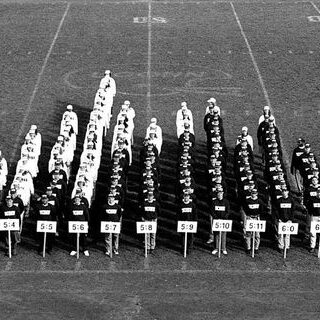
The Statistical Consulting Services (SCS) provide advice on statistical problems arising in the preparation of studies, the analysis of data and the interpretation of results. SCS is designed to be a center for discussion on research problems and methodological advances in statistics and probability.
Proposal Submission
All CIP award proposals will be submitted by PIs directly through the QUEST portal.